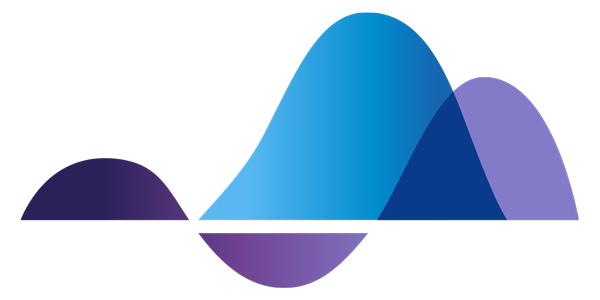Music4Change invites papers, panels and workshops for the 2024 International Research School on the theme of Sustainable Cities and Cultures of Music to be held on 6th-8th November at the University of Groningen. During these three days we will explore new ways of researching cities in relation to sustainability within the realm of music in a variety of formats, including through workshops, sound walks, interactive performances, and papers. While cities prove essential entities for the development, cultivation, and transformation of musical cultures, institutions and practices, urban music-making also involves unprecedented challenges in the face of multiple global economic, environmental, and political crises. This research school seeks to explore the changing organization of musical values, activities, and preferences taking place within them. Further we seek to expand upon new and (re-)emergent musical practices to investigate more sustainable alternatives for live music performance spaces, and for media and preservation strategies, educational models, and health systems that encourage the proliferation of musical communities within and across livable, inclusive, and sustainable cities. During this international research school, we come together to explore research and innovations in the formation of sustainable musical cultures and communities, and to critically explore musical and sonic pathways towards more sustainable cities.
Themes relevant for this school may include:
- Music and (post-)urban ecologies
- Music media and sustainable production and reception platform
- Music festivals and sustainable practices
- Sustainable creativity, sonic fictions and the urban imaginary
- Urban displacement, gentrification and responses to cultural / musical extractivism
- Living archives and other forms of preserving critical musical practices of threatened musical communities and genres
- Educational models which encourage environmentally, economically and/or socially sustainable music-making
- Sustainable research methods & infrastructures for music & sound-based disciplines
- Sustainable industrial and economic models for musicians and musical institutions
- Sustainable music practices for health and care
- Forms of urban engagement which draw attention to sustainability goals and issues
- Acoustic sustainability, citizenship and DIY approaches to sustainability
- Inclusive listening practices in urban settings
- Sound mapping of cities in relation to ecology and biodiversity
- Re-thinking music cities and communities in relation to mobility, nomadism and de-urbanization



